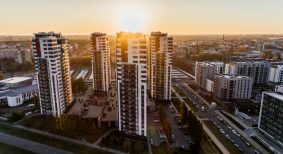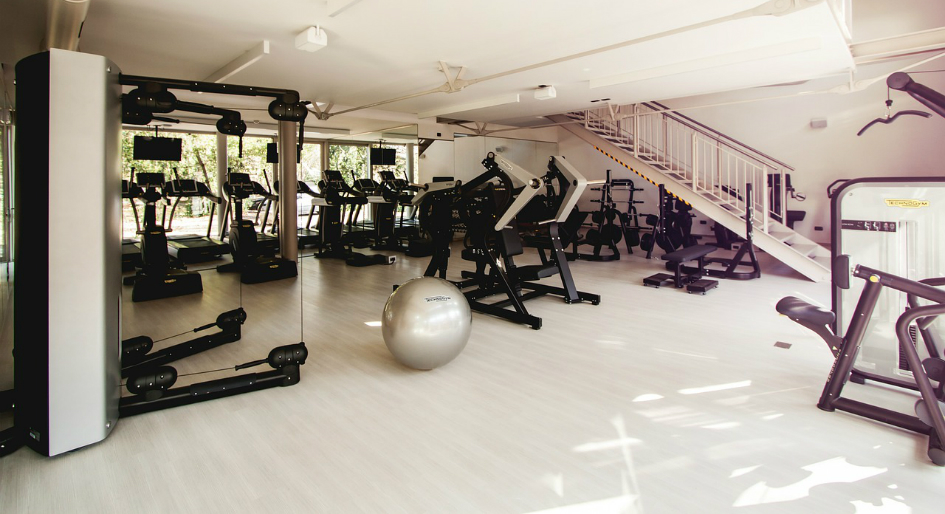As Ontario’s modified Step Two measures have shuttered most indoor sports and recreational facilities, members of the industry are weighing in on condo amenity closures amidst the highly contagious Omicron variant and pandemic-fuelled fatigue.
In a general email to CondoBusiness last Thursday, the Ontario Ministry of Health responded that “condos are not subject to requirements for indoor sports and recreational fitness facilities outlined in O. Reg 263/20.” And that they “have the ability to implement restrictions on the use of their own gyms, pools or other amenities and may wish to consult their legal counsel if doing so.”
Josh Milgrom of Lash Condo Law, said in an email, that the regulations, however, do not make the distinction between public and private settings. “As we know, COVID-19, too, does not make the distinction between public and private (or quasi-private) settings—transmission can occur in a condo just like it can in a “public setting”.
“The regulations require the person responsible (i.e. the board) for facilities for indoor sports and recreational fitness activities and indoor recreational amenities to close (subject to limited exceptions).”
Condo lawyer Denise Lash concurred. “If the intent was to let condo corporations decide for themselves as to whether to open their amenities or not, then the regulation should be changed,” she said via email.
The issue of amenity closures was further analyzed in the context of Ontario during a webinar last Wednesday night, hosted by condo lawyer Rod Escayola of Gowling WLG. In his opinion, if the regulation asserts the judgment that it does not apply to condos, then this proposition must be officially stated for clarity. “The Ministry of Health does not draft or interpret regulation; that’s the job of a judge,” he added.
As it stands, the regulation applies to businesses, places and organizations, with no reference to size or capacity. Each person responsible for a business or place that is required to be closed under Schedule 2 must close that place, he said, unless there is an exception. “Unless we are going to take the position that condos are this abstract concept or an idea. . . we are all going to have to agree they are a place. And the regs required places to close their indoor facilities.”
Exceptions for indoor sports and fitness facilities currently include use by professional, semi-professional and elite athletes, early years and childcare services, mental health and addiction support, and social services.
The consensus going forward?
In the context of Toronto, CCI Toronto advises boards to consult with their lawyer of record, whose advice they regularly follow. As CCI Toronto President Murray Johnson noted during the webinar, “they’d be the ones who would have to defend you under D&O insurance if it was challenged.”
On January 10, Toronto Public Health took the stance that the regulations do not apply, yet “strongly recommended” that condos close non-essential common areas, such as gyms, pools and playrooms. The Reopening Ontario Act requires organizations to comply with public health guidance.
Condo lawyer Graeme Macpherson of Gowling WLG said following recommendations from local public health officials, as well as the chief medical officer, is ultimately what communities should do, which includes advice about physical distancing, screening and cleaning methods.
In other jurisdictions, City of Ottawa By-law stated, on January 5, that persons responsible for condominiums and rental units ought to align their practices and policies with respect to party rooms and other indoor recreational areas accordingly.
The Condominium Authority of Ontario and board members at CAI Canada also advise that indoor sports and fitness facilities be closed with limited exceptions.








